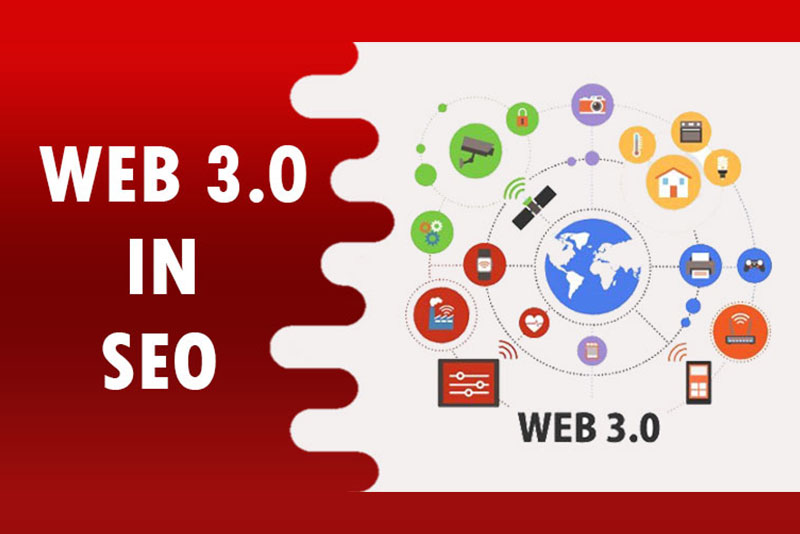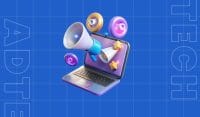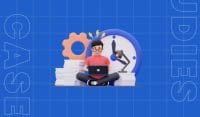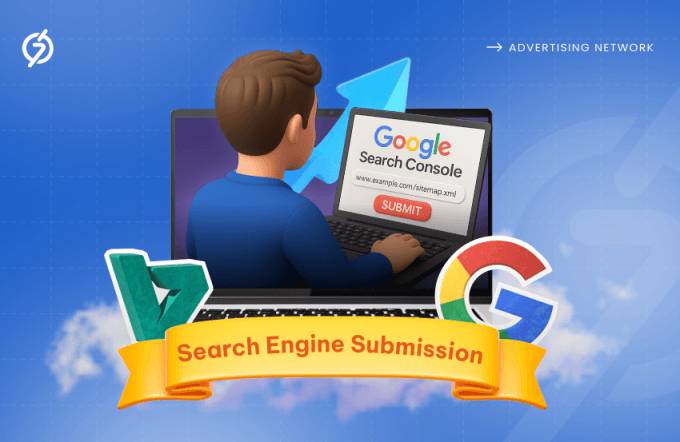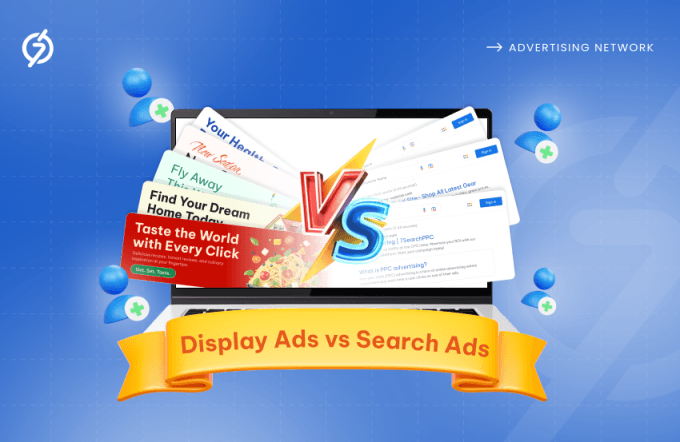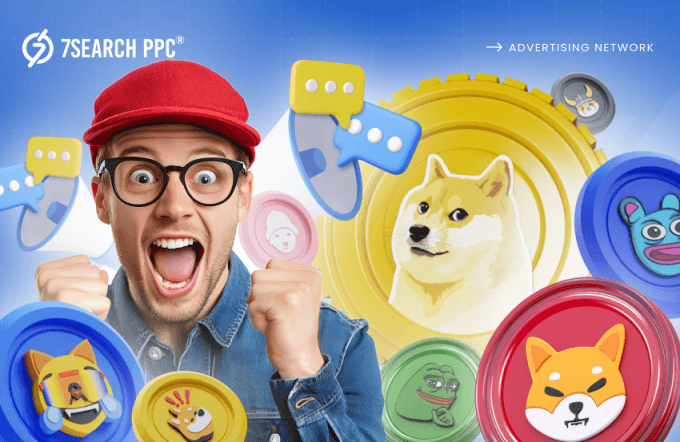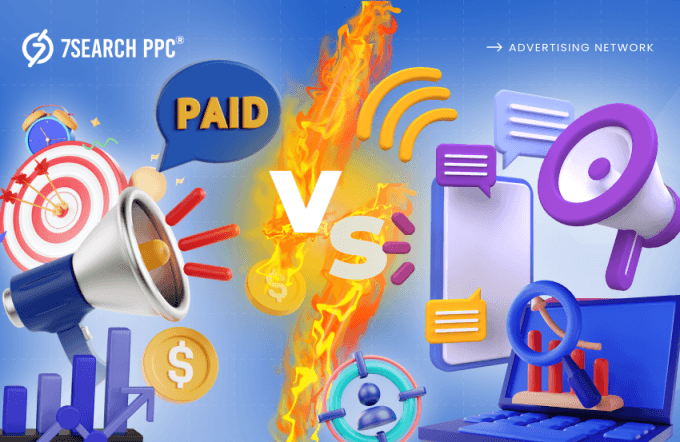This is a modern version of the internet that we will be using in the near future. It works on the concept of public blockchains, which is a record-keeping system. This advanced internet technology will be able to interpret what you input and thoroughly understand what you want to convey through different mediums such as text or your voice.
To know more interesting facts about this, keep reading.
The Evolution of the Web
The evolution of the web consists of Web 1.0, web 2.0, web 3.0, and many more to come.
What is Web 1.0?
Web 1.0 is the first version of the Internet introduced in 1989 by Tim Berner Lee, and it operated between 1991 and 2004. It was generally known as read-only-web as the sites were more static than dynamic. The users could only read the content, and the websites were the least interactive for them to use. Websites in Web 1.0 were made of static HTML pages and simple HTTP communication protocols. The main motive of the websites was to publish content and build an online presence. It was more like one-way traffic on the highway.
What is Web 2.0?
Web 2.0 made the internet interactive due to advanced and improved technologies. It started operating in 2005 and is still working in the present. Web 2.0 is an interactive read-write and social web. Web development techniques such as HTML, JavaScripting, CSS, and Angular Js make the website even more attractive for its users to be socially active. This set of innovative tools has made the social media platforms like Facebook and Instagram even more interactive for its consumers. The social web helps users develop their content and share their ideas over the internet. It works like two-way traffic.
What is Web 3.0?
This is the third model of the Internet, an improved version of Web 2.0 is the form of the Internet where the data will be present in a decentralized manner. It is also referred to as a semantic web. It uses artificial intelligence to allow the computer to think in the same way as humans do.
In Web 3.0 with SEO, users can connect with other users more effectively through social networking. That allows the users to suggest changes in the data for the website. But it depends on the majority of the users whether changes will be made or not. SEO makes the internet even more user-friendly, where users can share data more easily than ever before. This new version of the internet will make your search engine even more personalized and show you results according to your search history.
Web 2.0 Vs. Web 3.0
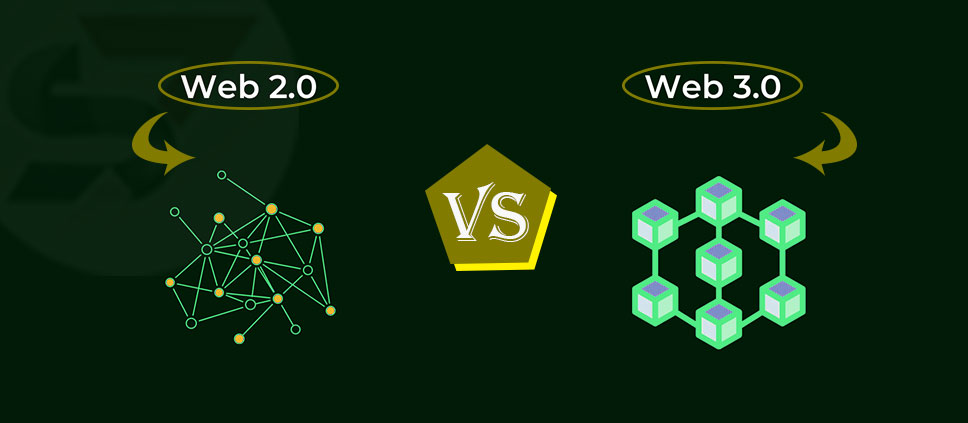
Some of the major differences between Web 2.0 and Web 3.0 are listed below:
| Web 2.0 | Web 3.0 |
| It is the second generation of the internet. | It is the third generation of the internet. |
| Web 2.0 uses different technologies including, HTML5, CSS3, JavaScript, and AJAX. | Web 3.0 uses Artificial intelligence, Machine Learning, and Decentralized protocols. |
| Web 2.0 focuses on improved interaction. | Web 3.0 focuses on decentralization and semantic learning. |
| It uses a web application. | It uses a smart application. |
| The network owns the data. | The users have ownership over the data and its sharing. |
| It is less secure. | Much more secure than Web 2.0. |
| It is based on a web server. | It is primarily based on blockchain technology. |
| Data is stored in the form of files(Doc, text, etc.). | Data is stored in the form of blocks. |
| Data can be changed easily. | Data can’t be changed easily. |
Features
Some features are:
Artificial intelligence
The feature of artificial intelligence can help websites filter the data and offer the best information to their users. AI will help in reducing the work of humans to analyze the data. For example, a site like Nike where people may rate and write reviews for the best shoes. These ratings can help the best-rated shoe products appear in the top positions on the SEO.
Semantic web
Semantic web refers to adding meaning to the web. It allows to share data and reuse the same data across applications. This feature is an effective way to represent the data on the web in a manner it is understandable by the machine. Semantic is concerned with the meaning and emotions of the content.
3D Graphics
This feature will transform the internet into a more realistic three-dimensional cyber hub. Some websites that make the best use of 3D graphics are e-commerce, gaming sites, museum grids, the real estate market, etc. The three-dimensional designs will make the content on the websites even more attractive for the users.
Ubiquity
Ubiquity means being present at different places at the same time. For example, platforms like Instagram and Facebook, where you can post your picture and the same photo will be available to all the Instagram and Facebook platform users at that very moment.
With the advanced internet technology, the internet facility will not just be limited to your computer system, and smartphones but rather to all the things present around you. The latest internet techniques will bring even more new types of Internet of Things (IoT) devices.
What are the Advantages of Web 3.0?
- It is the most advanced version of the internet to date.
- It becomes more accessible for the users to get the most relevant results for them as the internet is personalized.
- Protects the user’s privacy more effectively.
- Sharing the information is easier.
- With Web 3.0, the seller can analyze the buyer’s demand and display the ads and services the buyers are interested in.
Applications of Web 3.0
Decentralized ledger
A decentralized ledger is a database application of Web 3.0 that allows maintaining a system of record or transaction among multiple participants and locations.
It eliminates a central authority for authorizing any transaction. The technology allows you to audit the data history, but you need to make changes to all the information in that particular dataset
Decentralized websites
A decentralized website can be hosted on different servers with different domain names. These websites are easily hosted on different servers making it easier to flow data over the internet.
In other words, a decentralized website means an independent and interconnected system of privately owned computers that works together to provide access to information.
Decentralized Apps(D Apps)
DApp is an application that can operate automatically on decentralized computing or blockchain system. Decentralized apps are free from the control of a single authority. Some of examples of DApps are Chainlink, MarkerDOA, Chainyard, etc.
Voting System
Web 3.0 and blockchain can be used to make a secure voting system for future election systems as the votes which a voter gives for a candidate cannot be changed or altered easily. Using blockchain can make the voting system more immutable and reliable.
FAQs
Web 3.0 examples?
Ans. The two best examples of Web 3.0 are Trust Wallet, Meta Mask, Odysse, etc.
What is Web 3.0 in SEO?
Ans. Web 3.0 in Search Engine Optimization will help you rank your website among the top sites in the search engine. Web 3.0 with SEO strategies will personalize the search engine according to users’ needs.
What is a Web 3.0 website?
Ans. Web 3.0 is an advanced internet service for websites and applications where the websites can be hosted on different web servers that will help in the easy flow of data.
What are the advantages of Web 3.0?
Ans. Some of the advantages of Web 3.0 are:
1. The end-users will gain complete ownership of the data.
2. Decentralization of data.
3. Allows users to access the data as much as possible.
4. The users are allowed a permissionless blockchain.
More Resources
How To Use Auction Insights For A Better PPC Competitor Analysis?
Which Is The Most Popular PPC Tools for PPC Campaigns?
Top 7 Ways to Grow Your Social Media
How To Use Keywords In Blog Posts?

